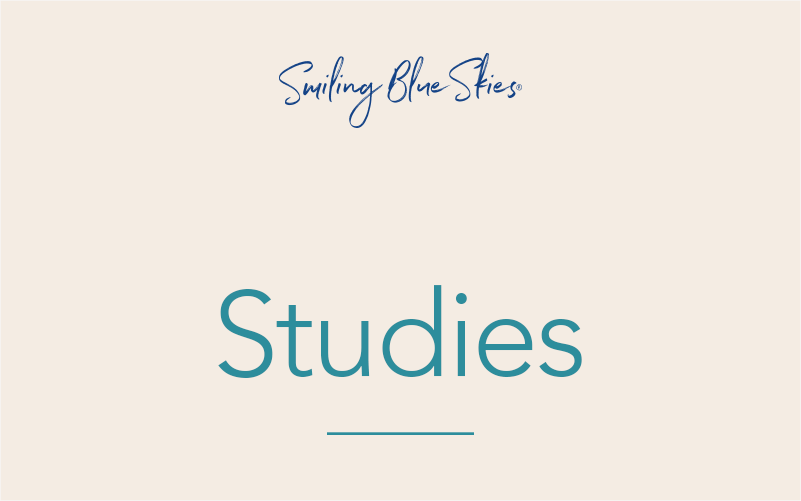The Department of Oncology at VSCHV and the Department of Radiation Oncology at the AMC are collaborating for a clinical study to evaluate a new protocol for K9 Hemangiosarcoma (HSA). As we all know, this disease is a challenge to treat with limited long term survival despite chemotherapeutic intervention. Newer theories are based on immunotherapy and exploiting angiogenesis inhibition.
This study seeks to compare the use of 2Gy Total Body Irradiation (TBI), a non-lethal dose, which does not require supportive care, in order to decrease T regulatory cells thereby promoting an improved immune response with either an autogenous vaccine (from same patient) or an allogeneic vaccine (from another HSA). 2 abstracts support the use of TBI as an adjunct to immunotherapy:
1) Blood volume 102 (part 1) Issue 11, Start page 76a (abstract # 256) ; November 16, 2003
Breaking tolerance in stable mixed chimeric dogs with low-dose TBI and donor or recipient lymphocyte infusion
*Taranova,A.G.; Georges,G.E.; Yunusov,M.; Storb,R.F.; Nash,R.A . Fred Hutchinson Cancer Research Center ; University of Washington
2) Cell Mol Immunol . 2010 Mar;7(2):157-62. Epub 2010 Feb 8. Enhancement of antitumor immunity by low-dose total body irradiation is associated with selectively decreasing the proportion and number of T regulatory cells.
*Liu R, Xiong S , Zhang L , Chu Y . Department of Immunology, Shanghai Medical College,Institute for Immunobiology, Key Laboratory of Molecular Medicine of Ministryof Education, Fudan University, Shanghai.
Abstract:
Low-dose total body irradiation (LTBI) is used in the treatment of some cancers mainly for immune enhancement rather than cell killing. However, the mechanism underlying LTBI remains unknown. In this study, by analyzing the immune patterns of lymphocytes, we found that the percentage and absolute number of CD4(+)CD25(+)Foxp3(+) regulatory T cells are markedly decreased in naive mice following treatment with LTBI. On the contrary, the CD4(+)CD44(+)/CD8(+)CD44(+) effect or-memory T cells are greatly increased. Importantly, naive mice treated with dendritic cell-gp 100 tumor vaccines under LTBI induced an enhancement of antigen-specific proliferation and cytotoxicity as well as interferon-gamma (IFN-gamma) secretion against F10 melanoma tumor challenge, compared to treatment with either the tumor vaccine or LTBI alone. Consequently, the treatment resulted in a reduced tumor burden and prolonged mouse survival. Our data demonstrate that LTBI’s enhancement of antitumor immunity was mainly associated with selectively decreasing the proportion and number of T regulatory cells,implying the potential application of the combination of LTBI and a tumor vaccine in antitumor therapy.
WHAT YOU CAN DO:
You can refer your patient to VSCHV for surgical resection where applicable and creation of autogenous vax. Please do not hesitate to call if you have a case to discuss.
OR
Your veterinarian can sample the tissue as long as it is harvested with sterile technique, placed in sterile saline and saved in a standard refrigerator. 0.5cm of tumor is needed. A biopsy report will also be required. Again, please do not hesitate to call if you have any questions.
Following tissue confirmation and staging, each of these patients will receive:
2Gy Total Body Irradiation at AMC followed with autogenous vax
What if I have a biopsy that supports HSA but do not have a sample for the vax?
Patients with a biopsy report but no tissue for vaccine will be eligible for allogeneic vax after 2Gy TBI. We are looking to recruit patients to enroll in this study, and ask for your assistance. Eligible candidates are dogs at least 1 year of age. There must be a diagnosis of Hemangiosarcoma via histopathology (spleen, liver, subcutaneous or other). Cutaneous HSA will not be included in this study. There is no cost for vaccines. Costs to be incurred by the client will include tissue harvesting, labwork, radiology, total body irradiation, medical shipping and exams. A medical plan is provided to the owners at the initial consult to clearly define fees.
We hope that this invitation to participate in an exciting new clinical study will provide a benefit to your practice and patients. We look forward to hearing from you regarding potential candidates. Please use the referral form on our website at www.vschv.com or if you have any questions, please contact:
Joseph A. Impellizeri, DVM, DACVIM (O) in the Department of Oncology at VSCHV at (845) 632-3200 orinfo@vschv.com
John Farrelly, DVM, MS, DACVIM (O), DACVR (RO), Director of Radiation Oncology at AMC at (212) 329-8794
The Veterinary Specialty Center of the Hudson Valley (VSCHV) is located at:
1285 RT 9
Wappingers Falls, NY. 12590
24/7/365 days a year
The Animal Medical Center (AMC) is located at:
510 East 62nd Street
New York, NY 10065
To refer a patient or for directions, please visit us on our website at www.vschv.com or call 1.845.632.3200
This message was sent from Veterinary Specialty Center of the Hudson Valley to cminnier@epix.net. It was sent from: Veterinary Specialty Center of the Hudson Valley, 1285 Rt 9, Wappingers Falls, NY 12590.

